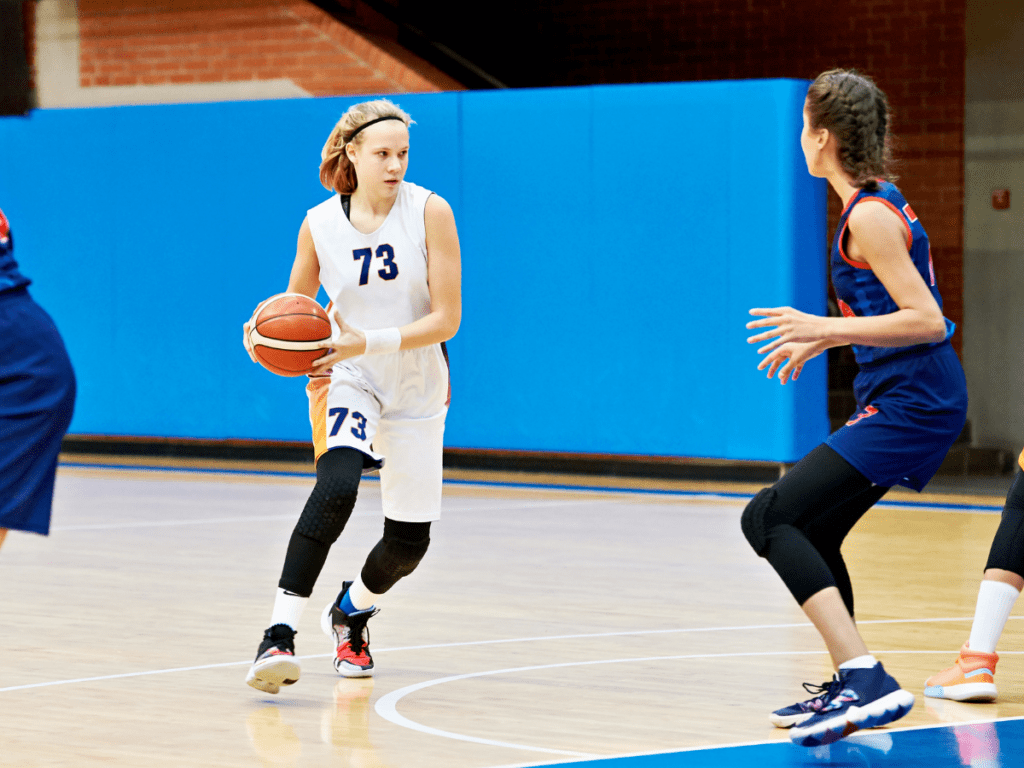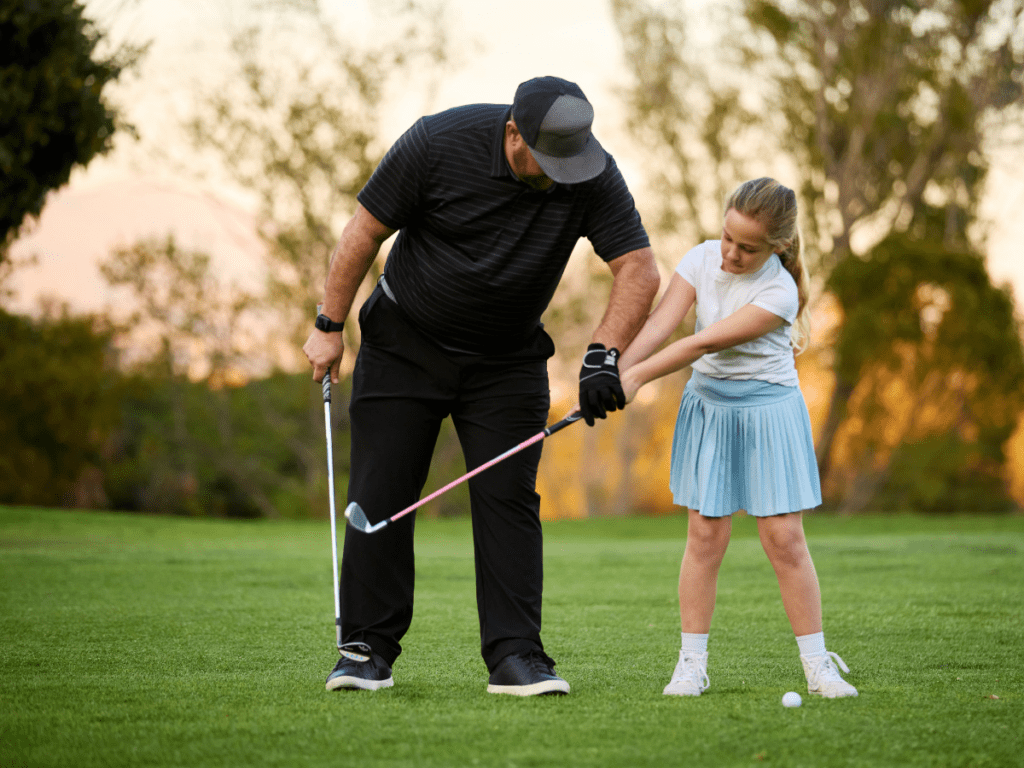Health
The impacts of coronavirus COVID-19 are being felt around the world. For the most up-to-date information about COVID-19, sport organizations should refer to the World Health Organization and Health Canada for daily reports, travel advice and protection strategies. Resources from Health Canada include guidance for risk-informed decision-making for mass gatherings.
Fitness and Brain Health
Physical fitness could be the key to enhancing brain health, according to a recent study published in Nature. Among healthy young adults, better physical fitness was associated with preserved brain structure and enhanced cognition.
Adolescent leisure opportunities in a changing community

Project Summary The context of leisure is especially amenable to fostering the acquisition of developmental assets and the development of. However, the issue of access to developmentally significant opportunities becomes problematized as inner-city areas are transformed by the process of gentrification, which may disrupt existing usage patterns and which alters the dynamics of supply and…
Para Sport Jumpstart Fund
The Para Sport Jumpstart Fund is designed to support introductory and early competition Para Sport experiences for children and youth with disabilities. Through this partnership between the Canadian Paralympic Committee and Canadian Tire Jumpstart Charities, organizations can access funding for registration, transportation and equipment costs. The deadline for applications is March 15, 2020.
Urban Youth Engagement in Sport: Process, Access and Participation

Project Summary This research examines participation and engagement with sport among Canadian urban youth and the resulting impact on athlete development, sport organizations, businesses, sponsors and Canadian society. Particular emphasis is put on the city of Toronto and pool and rink sports. There are four research questions: Research Methods This project involved an extensive array…
Youth Hockey Drafts
Research from the University of Alberta finds when it comes to drafting in hockey, character matters. Leadership and a willingness to put team goals ahead of personal ones can make youth hockey-hopefuls stand out in the eyes of top scouts.
Gender-based Violence in Sport
Coaches can play an important role in teaching athletes about healthy relationships in and through sport. The Coaching Association of Canada is leading a new project to build the capacity of coaches and other sport system stakeholders to help prevent and address gender-based and teen dating violence. To learn about the project and complete coach and athlete…
PHE’s Move Think Learn
PHE Canada’s Move Think Learn series is designed to support the development of physical literacy amongst children and youth. Sport-specific resources based on a Teaching Games for Understanding approach were developed with the national sport organizations for basketball, football, hockey, ringette, soccer, team handball, badminton, squash, canoe-kayak, cycling, cricket, softball, archery and curling!
Understanding Parents’ Experiences in Facilitating Physically Active Leisure for their Children who are Overweight or Obese

Project Summary Parents are key influencers of their children’s leisure behaviours. They identify and create opportunities for their child’s continued participation in leisure activities including sport. There are a number of factors that affect a parent’s ability to support his/her child’s participation in leisure activities. Given increasing concerns about childhood obesity and the importance of…
The Effect of Coaching in Youth Sport in Canada

Project Summary This project was designed to examine the impact of coaching on athlete outcomes in youth sport. The research focused on both the perceptions and behaviors of the coach, and assessed sporting and non-sporting (i.e., positive youth development) outcomes of the athletes. To maximize the applicability of results to the Canadian sporting culture, efforts…